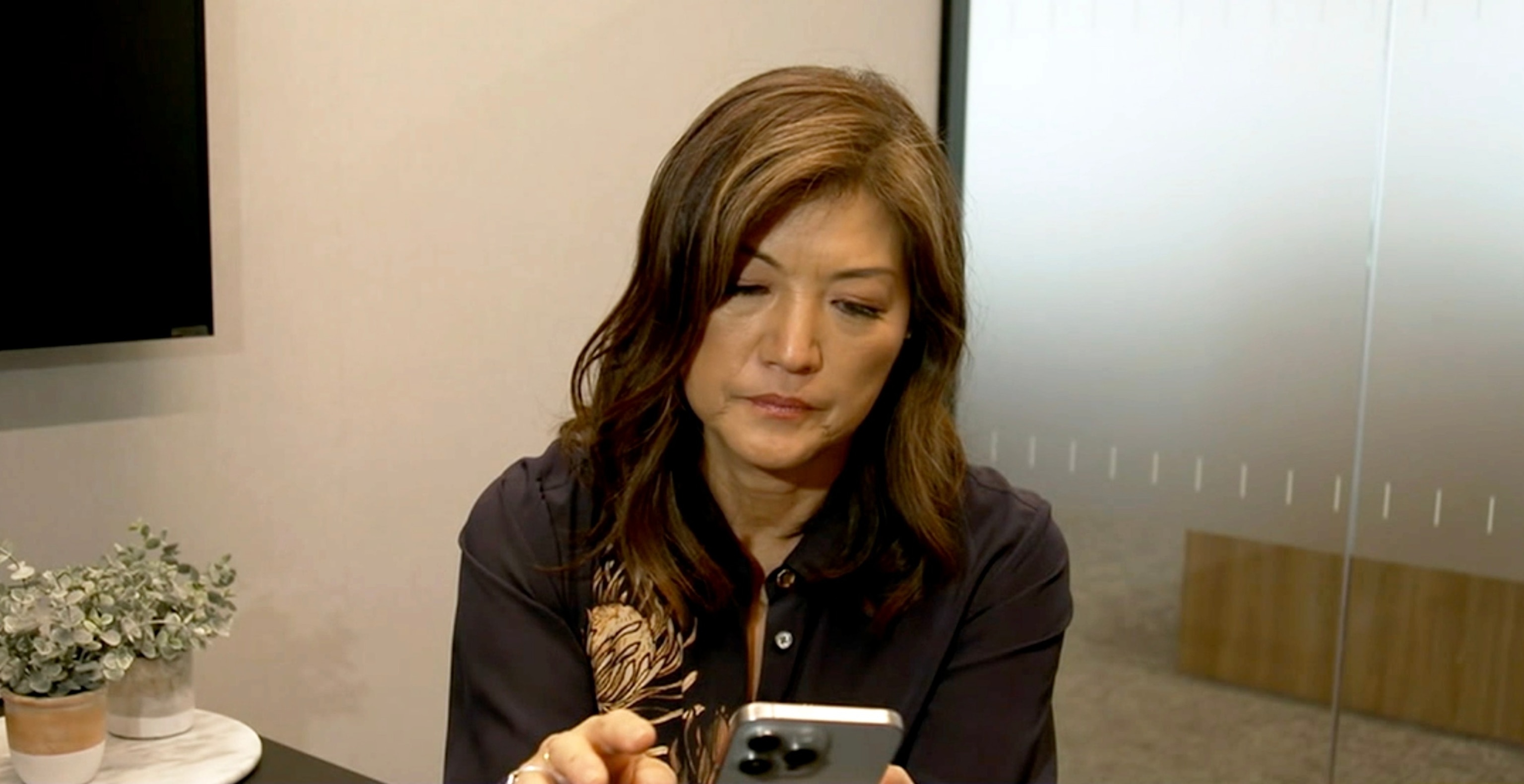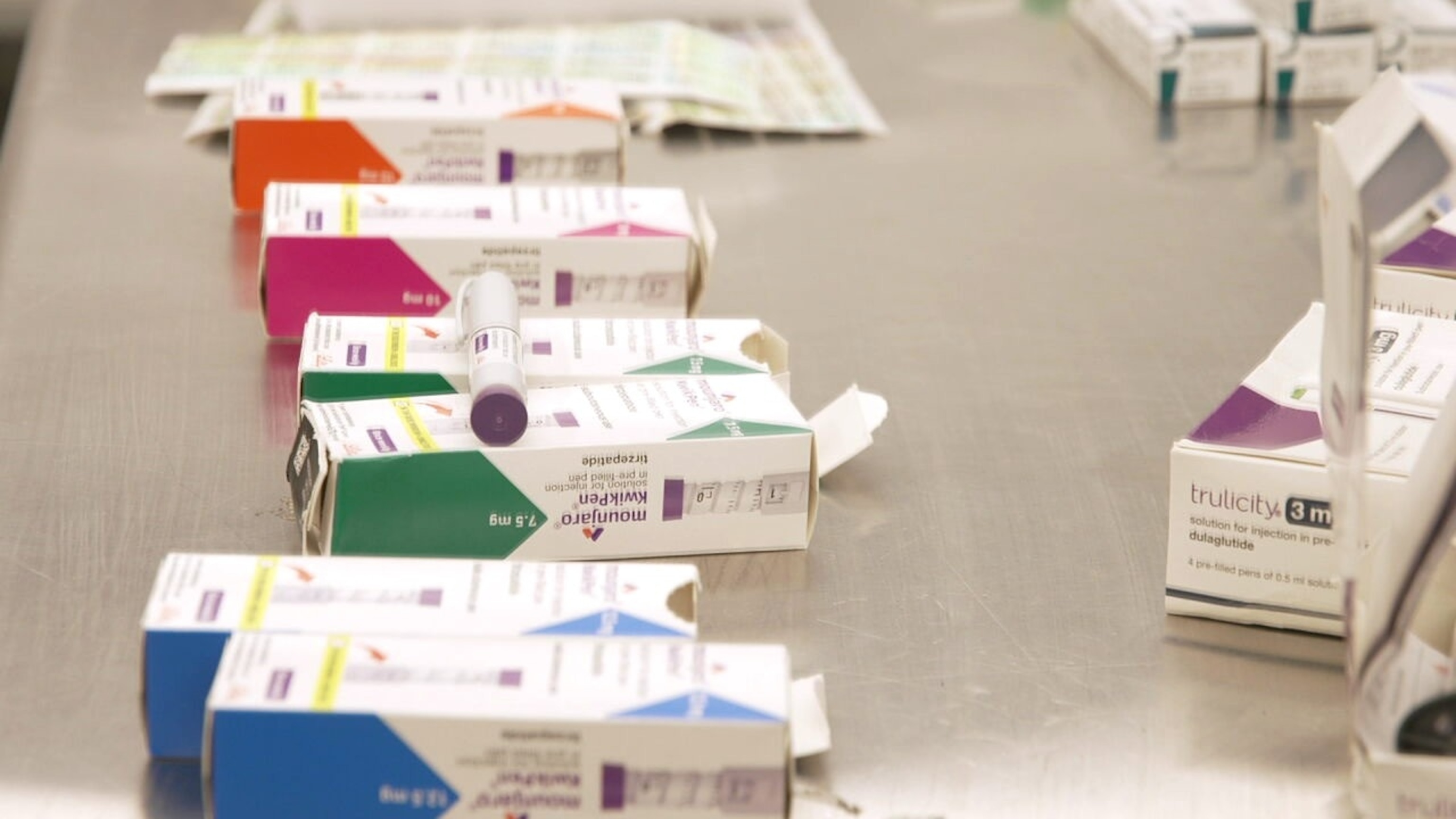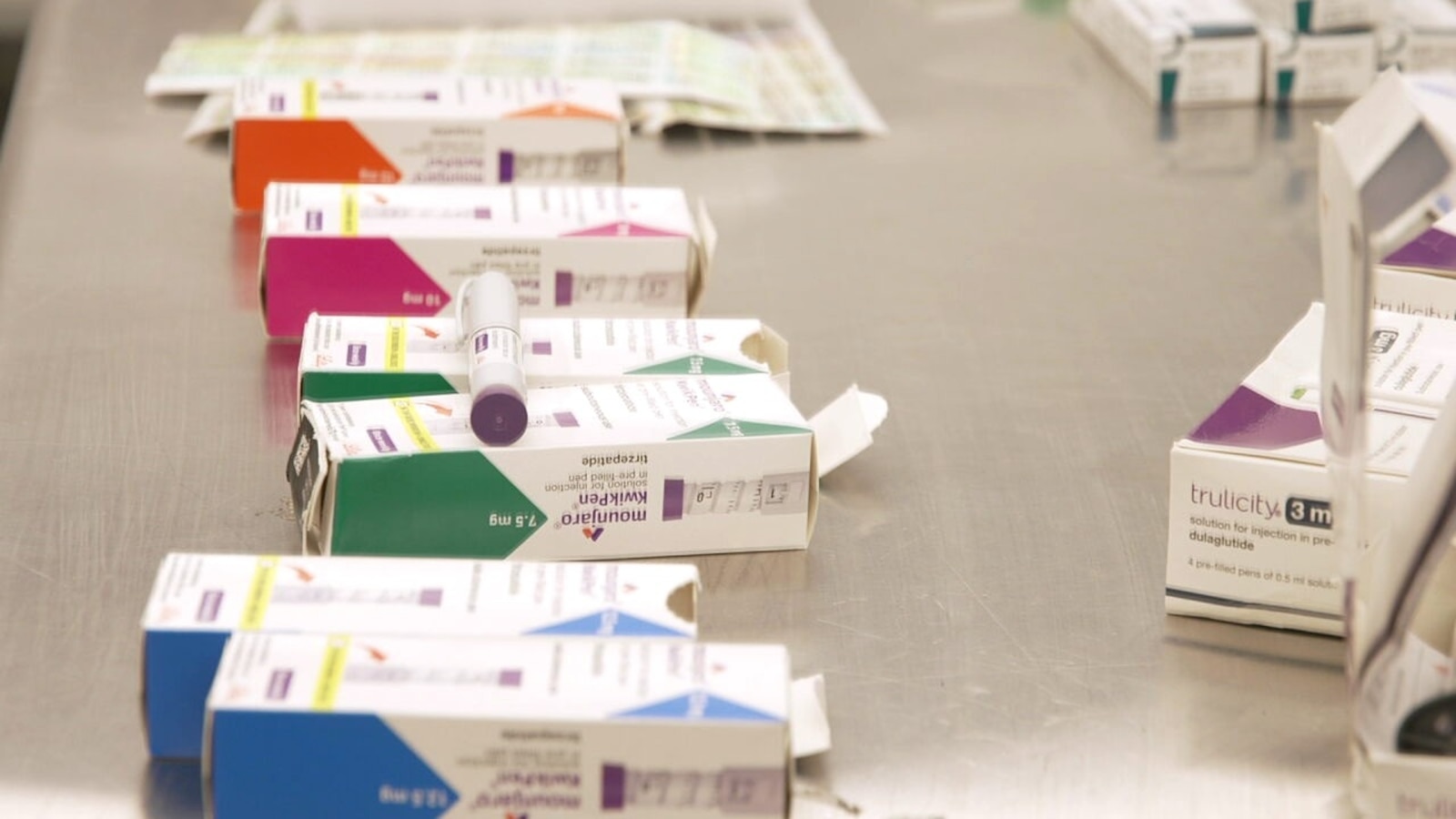What to know about the world of counterfeit weight loss drugs sold online
With the increase in demand for weight loss medications has come a surge in counterfeit weight-loss drugs sold online, prompting an alert from the U.S. Food and Drug Administration about unapproved and potentially dangerous versions of the popular GLP-1 drugs.
Homeland Security Investigations special agent Nicole Johnson told ABC “Nightline” anchor Juju Chang that she has “absolutely” witnessed a surge in counterfeit weight loss drugs recently.
“Patients are willing to do anything to get their hands on this product, and they’re risking their lives,” she said.
Johnson said some people have turned to purchasing the medications from illegal sellers online.
A simple online search churns out endless alleged sellers.

ABC News’ Juju Chang searches medication online.
ABC News
A few key phrases could unlock a dangerous dark web, allegedly peddling so-called “Fauxzempic” and other fake weight loss drugs.
Eric Feinberg, VP of content moderation at Coalition for A Safer Web, told ABC News that the first red flag to spot a counterfeit is “when you see in the profile that it basically says ‘No Rx.'”
FDA approved medications like Ozempic, Wegovy, Mounjaro and Zepbound are highly regulated by the FDA including inspections of their manufacturing plants, long term studies about safety and efficacy and require a prescription.
“You cannot get a prescription drug unless you have a prescription,” Feinberg said.

Fake GLP-1 medication that has been seized by law enforcement.
ABC News
He continued, “The minute you see ‘no prescription needed’ and also the payment processes like bitcoin, Zelle, PayPal — know, it can’t be [authentic].”
Feinberg added that “a lot of” the counterfeit weight loss drugs are “coming [in from] out of [the] country.”
When illicit drugs are shipped to the U.S., they have to go through massive ports, some of which have seized illegal GLP-1s based on suspicious packaging.
Eric Zizelman, port director of U.S. Customs and Border Protection’s Port of Cincinnati, told ABC News that some of the GLP-1 products his team has confiscated contain writing in Spanish, which he says is an indication they are not a “legitimate product” to be sold legally in the U.S.
“Something that’s going to come into the U.S. as a legitimate product is not going to be in Spanish. It has to be in English,” he said.
Zizelman described drugs made for a non-U.S. market and then sold in the U.S. as “gray market drugs.” U.S. Customs and Border Protection agents seize both gray market drugs and counterfeit drugs, according to Zizelman.
“So gray market are drugs that are typically made for a non-U.S. market and then imported here and sold here, so they’re not approved to be sold inside the United States,” Zizelman said. “They are approved to be sold somewhere else.”
Katherine Eban, an investigative health reporter and special correspondent for Vanity Fair, told ABC News that “once a drug leaves its intended route, really all bets are off — you cannot vouch for the quality of that drug.”
Chang’s report, “IMPACT x Nightline: The Dark Shot: Counterfeit Weight Loss Drugs,” is now streaming on Hulu and Hulu on Disney+.


